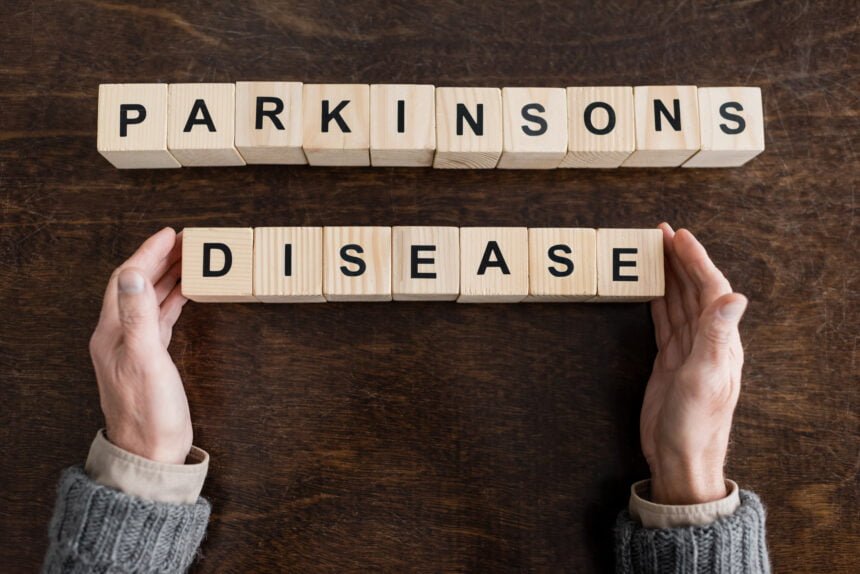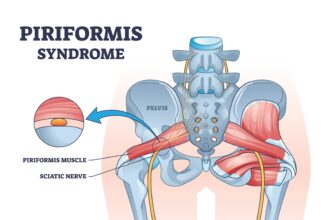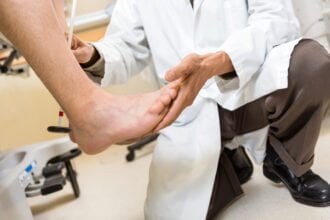We have talked about some of the challenges people face when they are struggling with Parkinson’s disease. It is important to be aware of the stages of Parkinson’s and know how to deal with it while living at home.
Living with Parkinson’s disease can be challenging, both for the individual diagnosed and their loved ones. As the disease progresses, it often becomes necessary to consider additional support. This blog explores the signs indicating it’s time to get in-home help for Parkinson’s and the benefits such assistance can offer.
Understanding Parkinson’s Disease Progression
Parkinson’s disease is a progressive neurological disorder that affects movement, muscle control, and balance. It typically advances through five stages, each with increasing severity of symptoms. Early stages might only involve mild tremors and slight difficulty with movement, but later stages can lead to severe mobility issues and cognitive impairment.
Signs It’s Time for In-Home Help
In-home Parkinsons care offers personalized assistance and support tailored to the specific needs of individuals living with the disease, enhancing their quality of life and providing relief for both patients and their families.
Increased Difficulty with Daily Activities
One of the most telling signs that in-home help is needed is when daily activities become overwhelming. Tasks such as dressing, bathing, cooking, and cleaning may become increasingly challenging. When these activities start to pose significant difficulties, professional help can ensure these tasks are managed safely and effectively.
Frequent Falls and Mobility Issues
As Parkinson’s progresses, balance and coordination deteriorate, leading to an increased risk of falls. If an individual starts experiencing frequent falls or has difficulty walking, it’s a strong indication that they need more support. In-home caregivers can assist with mobility and help prevent injuries.
Cognitive Decline
Parkinson’s disease can affect cognitive functions, including memory, judgment, and problem-solving skills. If there is a noticeable cognitive decline, it can complicate daily living and personal safety. In-home caregivers can provide reminders, help with medication management, and ensure a safe living environment.
Emotional and Psychological Changes
Living with Parkinson’s can be emotionally taxing. Depression, anxiety, and mood swings are common among those affected. If these emotional challenges start to impact daily life significantly, in-home caregivers can offer companionship and emotional support and help reduce stress for both the patient and their family.
Benefits of In-Home Help
Personalized Care
In-home caregivers provide personalized care tailored to the specific needs of the individual. This customized approach ensures that the patient receives the right type and amount of care, improving their quality of life.
Maintaining Independence
One of the primary benefits of in-home help is that it allows individuals to maintain a level of independence while receiving the necessary support. This balance can enhance the person’s dignity and sense of control over their life.
Reduced Burden on Family Members
Caring for a loved one with Parkinson’s can be physically and emotionally demanding. In-home help can alleviate some of this burden, allowing family members to spend quality time with their loved one without being overwhelmed by caregiving tasks.
Professional Expertise
In-home caregivers are trained professionals with experience in managing Parkinson’s disease. They can provide expert care, including physical assistance, medication management, and monitoring for changes in health status, ensuring the patient receives high-quality support.
Making the Decision
Deciding to get in-home help for Parkinson’s is a significant step. It’s important to involve the individual with Parkinson’s in the decision-making process, considering their preferences and comfort. Consulting with healthcare professionals can also provide valuable insights and recommendations based on the patient’s specific needs.
Conclusion
Recognizing the right time to seek in-home help for Parkinson’s can make a substantial difference in the quality of life for both the patient and their family. Increased difficulty with daily activities, frequent falls, cognitive decline, and emotional changes are key indicators that professional support is needed. By providing personalized care, maintaining independence, reducing the burden on family members, and offering professional expertise, in-home caregivers can significantly enhance the well-being of those living with Parkinson’s disease.










